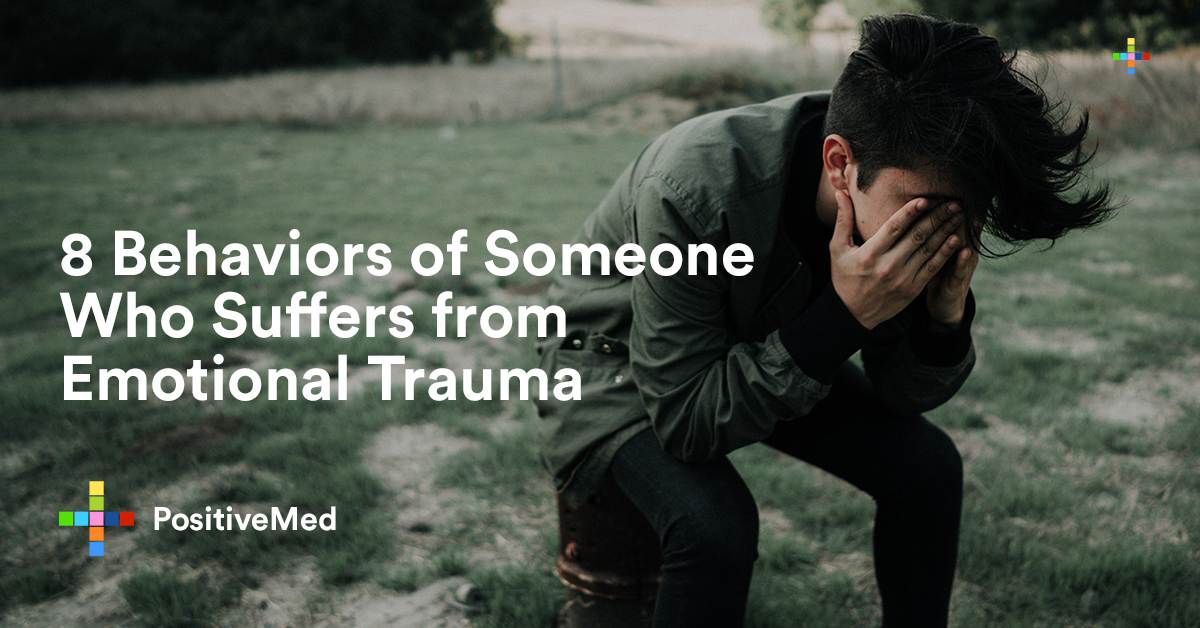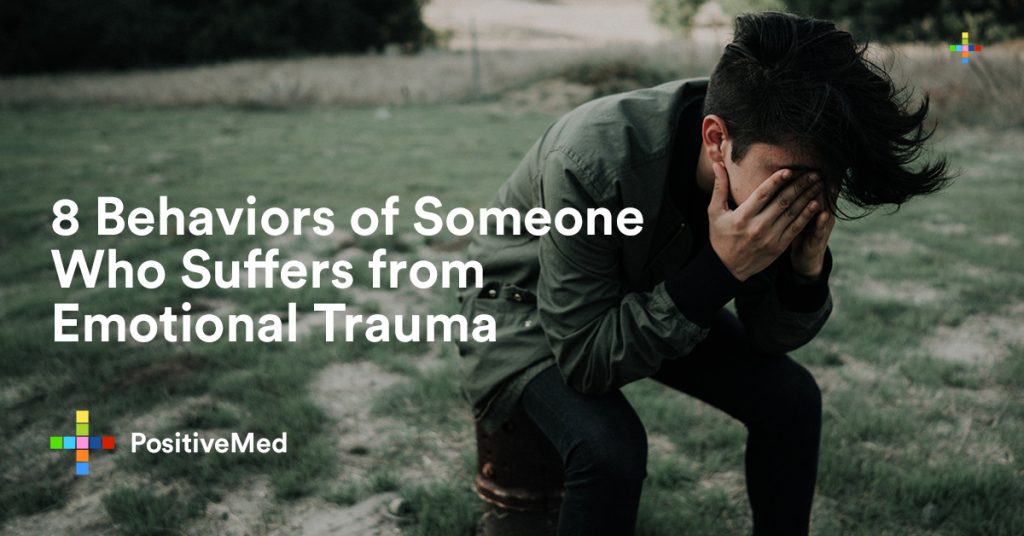Emotional trauma and distressing thoughts can be painful in an afflicted person. A piece of good advice can be very helpful to someone suffering from the pain of emotional trauma. When talking about “thoughts” we are not referring to conscious cognitive functioning. Everyone requires such thoughts to function in social life, work, and school. Instead, we are referring to the constant and nagging voices that are telling you things such as:

“You are not smart enough.”
“You will never succeed in life.”
“You are crazy.”
“You don’t deserve living anymore.”
Negative thoughts are indicators that someone is heading right to the path of depression, anxiety, and emotional trauma. According to Mickie Ann, the author of Gods Behaving Badly, it can be exhausting to fight a war inside your head on a daily basis.
Emotional Trauma and Possible Signs
Emotional trauma refers to the damage of the psychological makeup of a person after undergoing a very frightening or distressing event. Trauma normally affects a person’s ability to function properly in a society. Emotional trauma can be triggered by several events, such as:
Exposure to a sudden dangerous event like rape, accident, armed robbery, or terrorism
Prolonged exposure to dangers like child abuse, child neglect, sexual abuse, or molestation
The loss of a loved one
Relations issues like breakup or divorce
Experience of humiliation or profound failure
Being diagnosed with a life-threatening illness
Trauma normally marks the start of the depression, severe anxiety, or post-traumatic stress disorder (PTSD). Unfortunately, most people with emotional trauma don’t look for help. Some fail to recognize that they need support. Recognizing the possible signs of emotional trauma can be very helpful.
The following are some possible behaviors of someone suffering from emotional trauma:
Chronic Anxiety and Depression
As stated, a traumatic even can precede anxiety. In turn, anxiety leaves someone feeling like they can never relax. People who once experience trauma say that they feel as if they are “on guard,” a condition referred to as hyper vigilance. For someone who is developing depression, they are likely to develop comparable symptoms to those of an anxiety disorder. They include nervousness, irritability, and concentration difficulties.
Substance Abuse
Several studies have shown a strong relationship between traumatic experiences and substance abuse. A study published in the journal Depression and Anxiety recruited 587 patients from clinic waiting rooms in Atlanta, Georgia. The participants reported a lifetime dependence on several substances like marijuana, alcohol, opiates, and heroin.
According to the study authors, all the participants had experienced childhood trauma, which led to changes in the “neural structure” of the brain and interferes with its function. These changes are the ones that contributed to psychological disorders and cognitive defects.
Anger Outbursts
According to the U.S. Department of Veteran Affairs, anger can be a very severe burden to someone with emotional trauma. Childhood trauma can cause changes to the brain that can make it difficult for someone to control his/her emotions. It is for this reason that outbursts of extreme anger become very common. Anger can also be sparked by feelings of being betrayed.
Numbness and Dissociation
Our brain is remarkable in a number of ways. For instance, it can adapt to nearly every environment. However, the brain of a person with emotional trauma may lose this adaptability. In reference to a study published in the journal Comprehensive Psychiatry, there is a strong bond between negative family experiences, childhood trauma, and psychiatric problems in people who find themselves enslaved. These findings suggest that trauma inhibits the normal developmental abilities of a person.
Great Fear
Traumatic experiences are routed into the brain’s emotional system. When responding to fear, brains scans have shown differences in persons with PTSD and people without psychiatric disorders. In specific, trauma victims have a heightened response to fear. Changes in the brain of trauma victims make them more likely to experience distressing emotions like fear, anxiety, and panic attacks. Researchers suggest this could be due to over-activity in the brain.
Thoughts of Suicide
Several studies have shown a strong relationship between traumatic exposure and suicide. Unlike the general population, people with trauma may be less hesitant to commit suicide. This is according to the journal published by the American Psychological Association (APA).
Flashbacks
A person with trauma reenacts the exact traumatic experience in real time. Every day or ordinary experiences can trigger the flashbacks. For instance, a person with a history of sexual abuse may experience the flashback on spotting someone who reminds them about the perpetrator.
Sleeping Problems
Sleeping problems like sleepwalking and insomnia are common in people with PTSD. Other sleep problems include night sweats, nightmares, night talking, and night terrors. Again, researchers believe these sleeping problems are due to changes in the brain’s natural chemistry.
Edited by: Jessa (Feb. 4, 2019)






